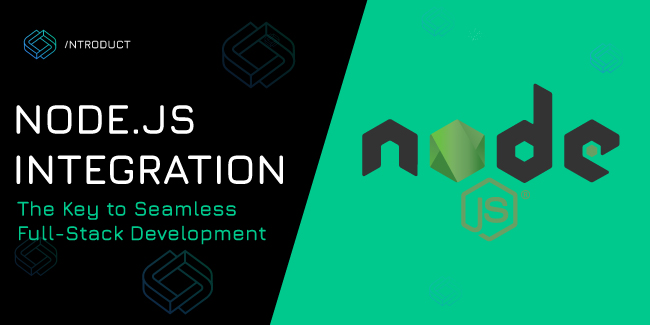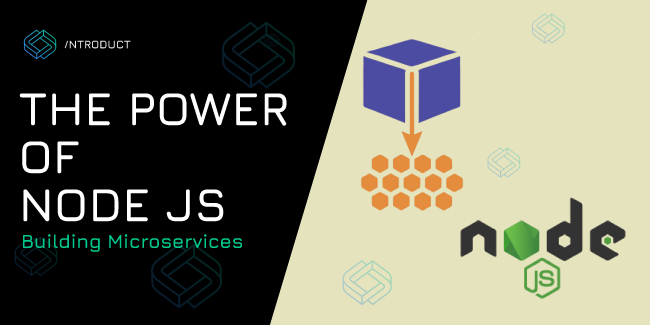

Node.js vs Python: What’s the best for you?


Choosing between Node.js and Python might be a difficult step to take. Every project is different, and Introduct is here to help to choose the right one for your project. At Introduct, we assist customers in making the best choice. So here’s a brief rundown of the most important differences to help you make the right choice.
Node.js vs Python: Overview
We all know that Node.js and Python are great tools, just like superpowers for backend development. But how are they different? In this article, we’re going to dive deeper into this question. As the differences between them lie in performance, scalability, and use cases. While Node.js is really good for real-time applications like chatbots and gaming servers, Python is all about data science, machine learning, and web development.
Node.js vs Python Comparison
- Performance and Speed
Node.js: With the help of asynchronous event-driven architecture, it can handle multiple requests parallelly. It makes it faster for real-time applications. It is considered to be the best choice for performance-driven projects, like chat applications or gaming servers.
Python: A single-threaded approach. It processes requests one after another. Such feature makes it slower, especially if the traffic is heavy. However, Python is good at tasks where computational work is required, such as in data analysis and AI/ML. - Scalability
Node.js: Micro-service approach makes it highly scalable, and its ability to scale both horizontally and vertically. In case, your app needs to scale over time, Node.js is the best choice, as it easily integrates new modules.
Python: Python supports scalability with additional libraries, but it doesn’t natively support multithreading as in Node.js. - Community Support
Both Node.js and Python have active, big communities, which is great for troubleshooting and improving skills. However, Python offers a greater pool of developers and documentation. At the same time, NodeJS has the fastest-growing base, at least in web development. - Error Handling
Node.js: Debugging may be difficult, as it is multithreaded, and errors may appear in parallel queries. Considering this fast, it might be tricky to work with.
Python: Python’s syntax is clean and readable. This way, error handling is much easier. - Ease of Learning and Syntax
Node.js: The learning curve for NodeJS is pretty minimal if the developer already knows JavaScript. NodeJS has an advanced event-driven architecture at its core, making app performance higher.
Python: Python is perfect for beginners. Features such as code readability and fewer lines for any particular function make learning quite simple and effective.
Choosing the Right Tool for Your Project
Knowing the main differences between Node.js and Python, now it must be much easier to choose between them. Anyway, to choose the right for your project, consider:
- Project Needs: Node.js is fast and has great real-time performance, while Python is better for data projects.
- Team Expertise: First and most important, you need to choose the language your team is capable of. It will save you time and effort.
- Scalability: As we’ve already discussed before, Node.js is easier to scale, while Python needs more work. Choose the one that’s best for your special needs.
Both NodeJS and Python have their strengths. At Introduct, we tailor solutions based on your project requirements. Our dedicated team of developers is here to help to choose the right tool for your project. You don’t have to worry as Introduct always finds the right software solution. Reach out for a professional help, and let’s build a scalable, high-performance solution together.
More Articles

Node.js Integration: The Key to Seamless Full-Stack Development Node.js Integration: The Key to Seamless Full-Stack Development
At Introduct, we take pride in our fully integrated technology partnership — from ideas, our experts guide to impactful solutions. One of the most powerful strategies that we use for full-stack development is the integration of Node.js with front-end technologies. This combination streamlines workflows, enhances performance, and delivers robust applications, making it essential for organizations […]

The Power of Node.js: Building Microservices The Power of Node.js: Building Microservices
In the dynamically changing area of software development, it is important to move hand in hand with new methodologies and technologies. Today, we are going to discuss how microservices are built using Node.js — a contemporary, adaptable approach that solves many problems for a developer. To elaborate further, Node.js microservices represent the current, more agile […]
